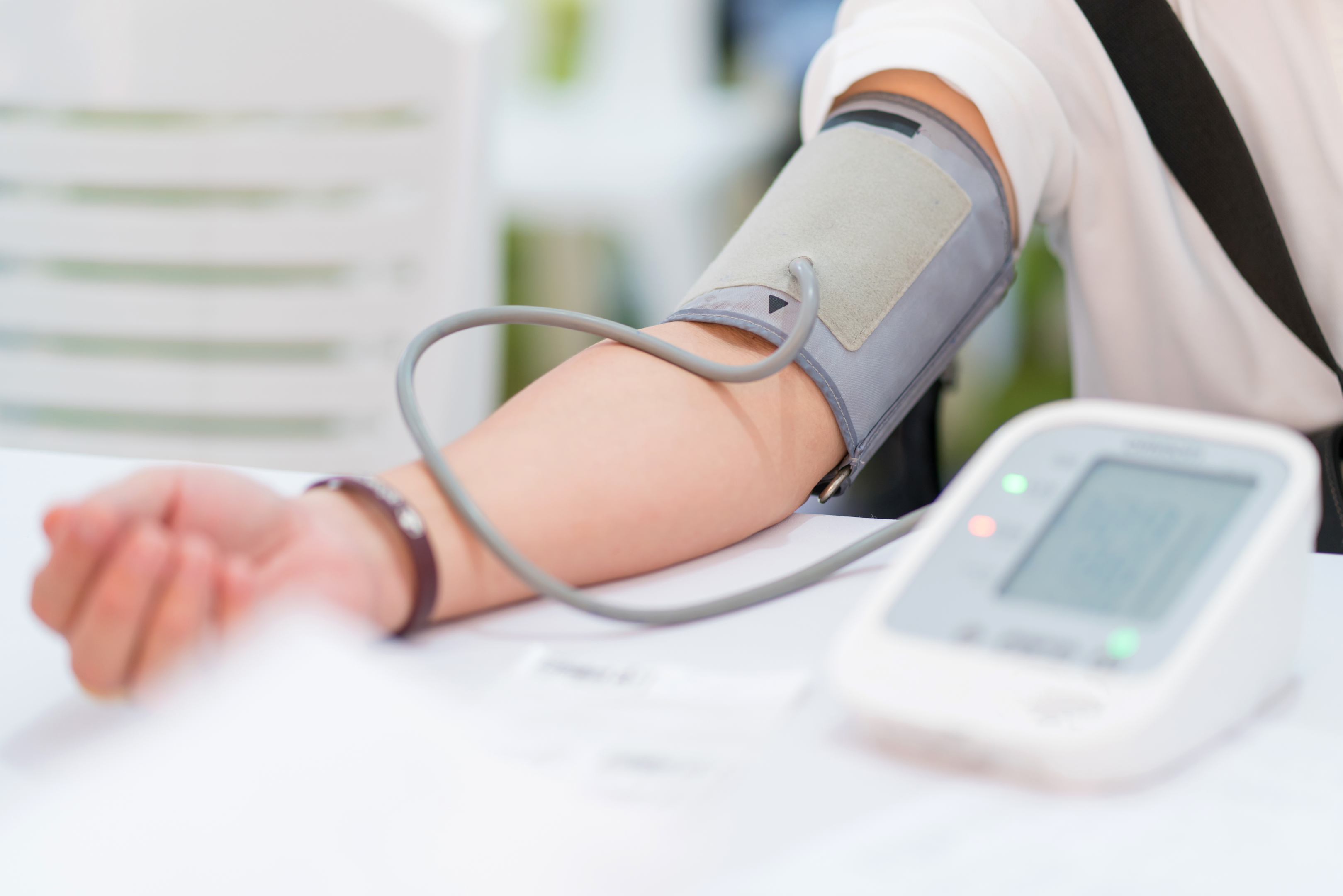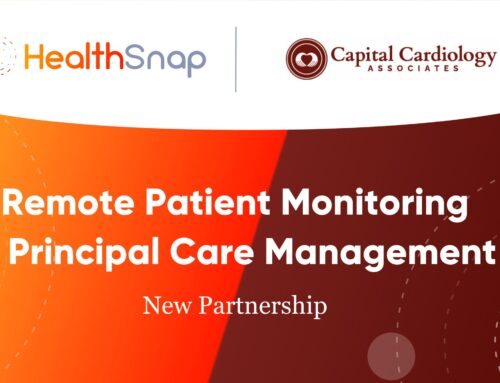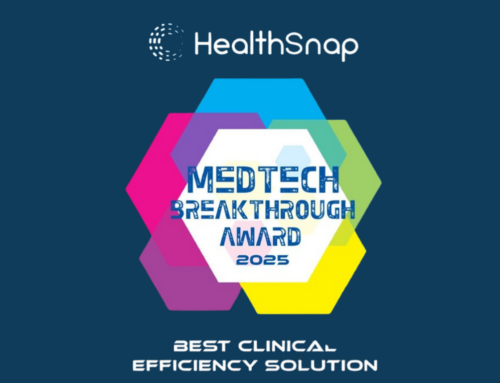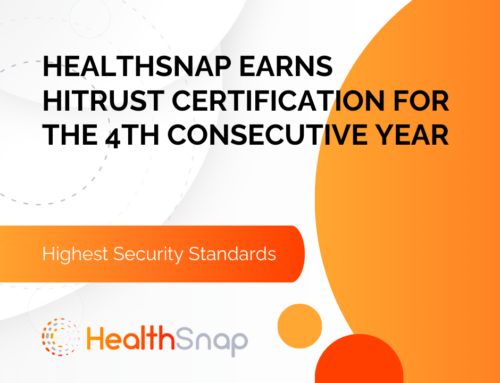Principal Care Management (PCM) is an innovative, patient-centered approach to managing a single high-risk chronic condition that requires specialized and intensive care. In the field of nephrology, PCM can play a key role in managing conditions such as chronic kidney disease (CKD), hypertension, and other nephrology-related disorders. As healthcare continues to evolve, Principal Care Management will play an increasingly vital role in improving the management of chronic conditions and achieving better engagement and health outcomes for patients.
Principal Care Management for Chronic Kidney Disease
Understanding CKD
Chronic kidney disease is a progressive condition characterized by the gradual loss of kidney function or kidney failure over time. Chronic kidney diseases affect millions of people worldwide and can lead to end-stage renal disease (ESRD) if not managed effectively.
PCM Strategies for CKD
Principal Care Management for CKD involves a multifaceted approach to manage the disease and related kidney health complications. Key components include:
-
Individualized Care Plans: Developing personalized care plans based on the stage of CKD, co-morbid conditions, and patient preferences. These plans typically include dietary modifications, medication management, and lifestyle changes to slow disease progression.
-
Medication Management: Prescribing medications to control blood pressure, blood sugar, and other factors that contribute to kidney damage. Medications may include ACE inhibitors, ARBs, diuretics, and phosphate binders to support healthy kidneys.
-
Patient Education: Educating patients about CKD, its progression, and the importance of adherence to treatment plans. This includes information on dietary restrictions, fluid management, and recognizing signs of complications, including kidney stones.
-
Coordination of Care: Ensuring seamless communication between nephrologists, primary care physicians, dietitians, and other healthcare providers involved in the patient’s care. This can also help improve care for kidney disease age related complications and kidney transplant related complications.
Case Study: CKD Management
A study published in the Clinical Journal of the American Society of Nephrology highlighted the benefits of a structured PCM program for CKD patients. The study found that patients enrolled in PCM had better blood pressure control, reduced progression to ESRD, and improved quality of life compared to those receiving standard care.
Principal Care Management for Hypertension
Understanding Hypertension in Nephrology
Hypertension is a common comorbidity in nephrology patients and a major risk factor for CKD progression. Effective management of hypertension is critical to preventing further kidney damage and cardiovascular complications.

PCM Strategies for Hypertension
PCM for hypertension involves comprehensive care that focuses on controlling blood pressure and addressing underlying causes. Key components include:
-
Personalized Treatment Plans: Creating individualized treatment plans that include lifestyle modifications, dietary changes (e.g., reduced sodium intake), and regular physical activity.
-
Medication Management: Prescribing antihypertensive medications such as ACE inhibitors, ARBs, calcium channel blockers, and diuretics. Adjusting medication regimens based on blood pressure readings and patient response.
-
Continuous Monitoring: Utilizing remote monitoring devices to track blood pressure regularly. This allows for timely adjustments to treatment plans and early detection of potential issues.
-
Patient Engagement: Educating patients on the importance of blood pressure control, medication adherence, and lifestyle changes. Providing tools and resources to help patients manage their condition effectively.
-
Integrated Care: Coordinating care between nephrologists, primary care physicians, and cardiologists to ensure a comprehensive approach to hypertension management.

Case Study: Hypertension Management
A study published in the Journal of Hypertension demonstrated that patients with hypertension and CKD enrolled in a PCM program had significantly better blood pressure control and reduced incidence of cardiovascular events compared to those receiving usual care.
Principal Care Management for Other Nephrology Use Cases
Diabetic Nephropathy
Diabetic nephropathy is a leading cause of CKD and ESRD. PCM for diabetic nephropathy focuses on strict blood sugar control, blood pressure management, and monitoring for early signs of kidney damage.
-
Integrated Care Plans: Combining diabetes management with nephrology care to create a cohesive treatment plan.
-
Glucose Monitoring: Utilizing cellular technology to monitor blood glucose levels allowing for prompt interventions.
-
Multidisciplinary Approach: Involving endocrinologists, nephrologists, and dietitians to provide comprehensive care.
Polycystic Kidney Disease (PKD)
PKD is a genetic disorder characterized by the growth of cysts in the kidneys. PCM for PKD aims to manage symptoms, slow disease progression, and improve quality of life.
-
Regular Imaging: Monitoring kidney size and cyst growth through regular imaging studies.
-
Symptom Management: Addressing symptoms such as pain, hypertension, and urinary tract infections.
-
Genetic Counseling: Providing genetic counseling and support to patients and their families.
Acute Kidney Injury (AKI)
AKI is a sudden decline in kidney function often caused by injury, infection, or medications. PCM for AKI focuses on early detection, prompt treatment, and prevention of recurrence.
-
Risk Assessment: Identifying patients at high risk for AKI and implementing preventive measures.
-
Prompt Intervention: Providing rapid treatment to address the underlying cause and support kidney recovery.
-
Follow-Up Care: Monitoring patients closely after an episode of AKI to prevent long-term complications.

Nephrology Use Case: How HealthSnap’s PCM Solutions Helped Improve Patient Outcomes
Identifying the Challenges
Nephrology Specialists, P.C. (NSPC), based in Richmond, VA, faced significant challenges in managing patients with Chronic Kidney Disease (CKD) and uncontrolled hypertension. Initially, NSPC relied on patients to maintain daily logs of their blood pressure at home. Based on this, this approach proved problematic due to inconsistent compliance and the inconvenience of daily tracking.
An attempt to implement Ambulatory Blood Pressure monitoring also encountered difficulties, with patients struggling to use the monitors properly, resulting in inaccurate data. The onset of the COVID-19 pandemic further strained resources and complicated patient enrollment and follow-up for Chronic Care Management (CCM).
Collaborative Solutions
The partnership with HealthSnap marked a turning point for NSPC. HealthSnap’s approach included localizing Care Navigator Nurses to ensure patients felt a personal connection, viewing the nurses as an extension of NSPC rather than distant contacts.

HealthSnap streamlined the implementation process by creating patient brochures, setting up automated phone lines, sending introductory letters, and launching a telephone campaign to enroll patients. They also integrated their system with NSPC’s Electronic Medical Record (EMR) for billing and clinical purposes, making the transition to Remote Patient Monitoring (RPM) and Chronic Care Management (CCM) seamless.
Improved Patient Outcomes
The integration of RPM and CCM programs significantly enhanced NSPC’s ability to manage patients with CKD and uncontrolled hypertension. Through continuous monitoring, NSPC could identify patients with uncontrolled hypertension at home, allowing for early interventions and better blood pressure control.
This proactive approach led to improved health outcomes for patients with CKD. Patients reported feeling more informed and proactive in managing their health, which contributed to better engagement and satisfaction with their care.

Financial and Operational Benefits
From a financial perspective, NSPC found that the reimbursements from RPM and CCM programs were in line with their projections, indicating a favorable return on investment. The implementation of these programs not only improved patient care but also enhanced the practice’s efficiency and sustainability. By leveraging HealthSnap’s solutions, NSPC successfully addressed the challenges of managing CKD and hypertension, ultimately leading to better patient outcomes and more efficient practice operations.
Experience the HealthSnap Difference with Principal Care Management Services
Discover how HealthSnap’s virtual care management platform can revolutionize your practice’s approach to managing chronic conditions. With cellular-enabled technology, we make remote patient monitoring accessible to more patients, regardless of their tech capabilities.
HealthSnap’s holistic approach integrates clinical, lifestyle, and physiological data, providing a comprehensive view of each patient’s health. Call us today at 888-780-1872 or contact us online to schedule a demo with one of our Specialists.











